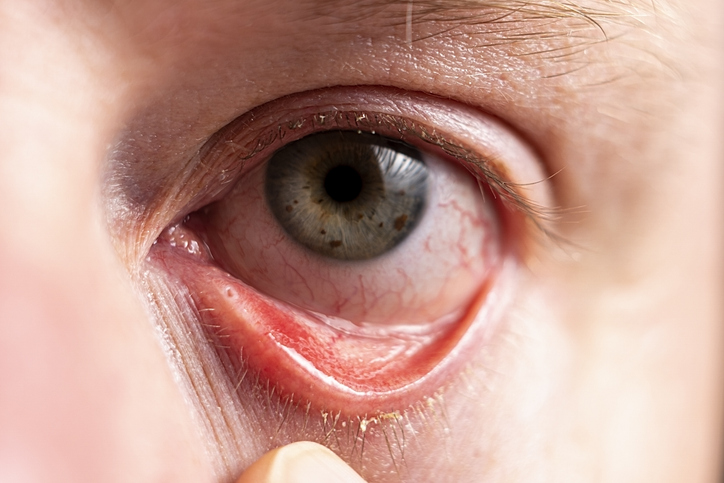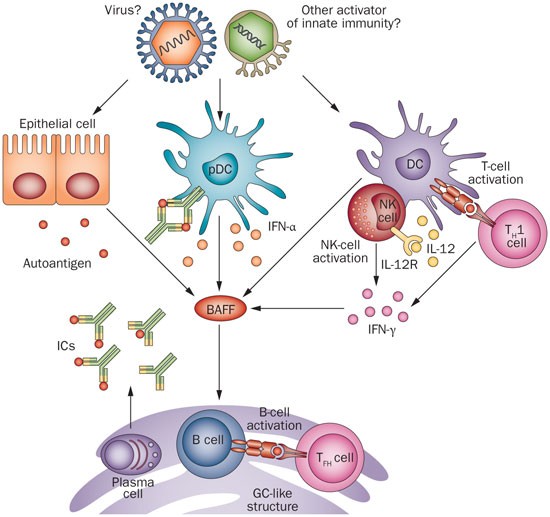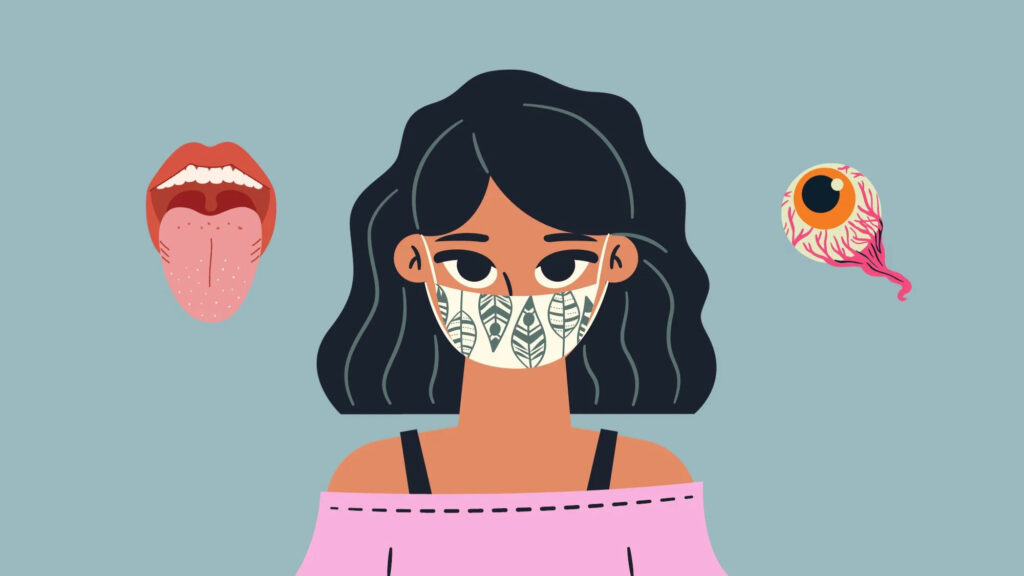
What is Sjögren’s Syndrome?
Sjögren’s Syndrome is a chronic autoimmune disorder where the body’s immune system attacks its moisture-producing glands, leading to dryness in various parts of the body, including the eyes and mouth. It can occur as a primary condition or secondary to other autoimmune diseases like rheumatoid arthritis or lupus.
Symptoms of Sjögren’s Syndrome
• Dry Eyes: Burning, itching, or a gritty sensation in the eyes.
• Dry Mouth: Difficulty swallowing, speaking, or an increased need for water while eating.
• Fatigue: Extreme tiredness affecting daily activities.
Joint Pain: Swelling or stiffness in the joints.
• Swollen Salivary Glands: Particularly noticeable below the jaw and in front of the ears.
• Dry Skin and Rashes: Cracked or itchy skin, especially in severe cases.


Causes and Risk Factors
• Autoimmune Reaction: The immune system mistakenly attacks the body’s moisture-producing glands.
• Gender and Age: Most common in women, typically diagnosed in individuals over 40 years old.
• Genetics and Family History: A predisposition to autoimmune diseases increases risk.
• Other Autoimmune Diseases: Conditions like lupus or rheumatoid arthritis often accompany Sjögren’s.
• Environmental Triggers: Infections or stress may play a role in triggering symptoms.
How is Sjögren’s Syndrome Treated and Managed?

Treatment Options
• Medications: Artificial tears for dry eyes, saliva substitutes for dry mouth, and immunosuppressants to manage autoimmune activity.
• Moisture Preserving Techniques: Use of humidifiers and frequent hydration to alleviate dryness.
• Steroids: For managing severe inflammation during flare-ups.
Self-Management Strategies
• Stay Hydrated: Drink plenty of water to ease dry mouth symptoms.
• Dietary Adjustments: Avoid caffeine, alcohol, and spicy foods that worsen dryness.
• Protect Eyes and Skin: Use sunglasses and moisturizers regularly to prevent irritation.


Long-Term Outlook and Complications
With appropriate treatment, most individuals manage their symptoms effectively. However, untreated cases may lead to complications like severe dental issues, recurrent eye infections, or even an increased risk of lymphoma. Regular monitoring and a proactive management plan with a healthcare provider can significantly improve quality of life.
